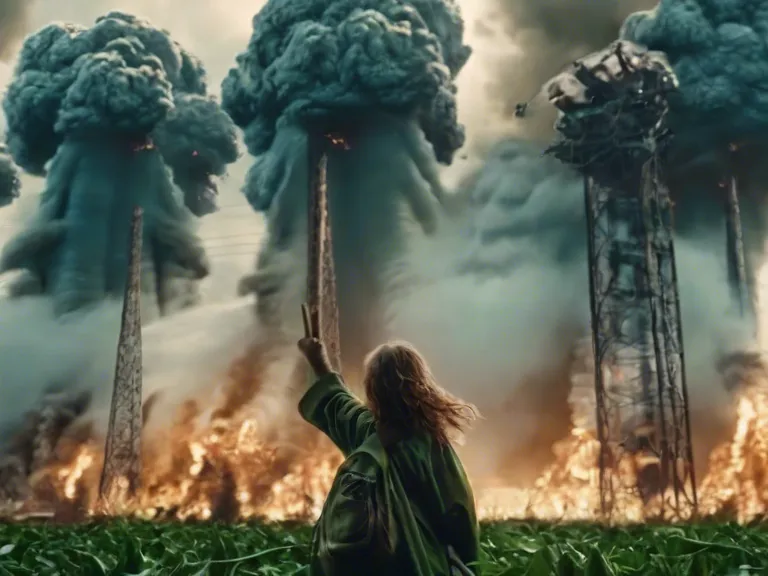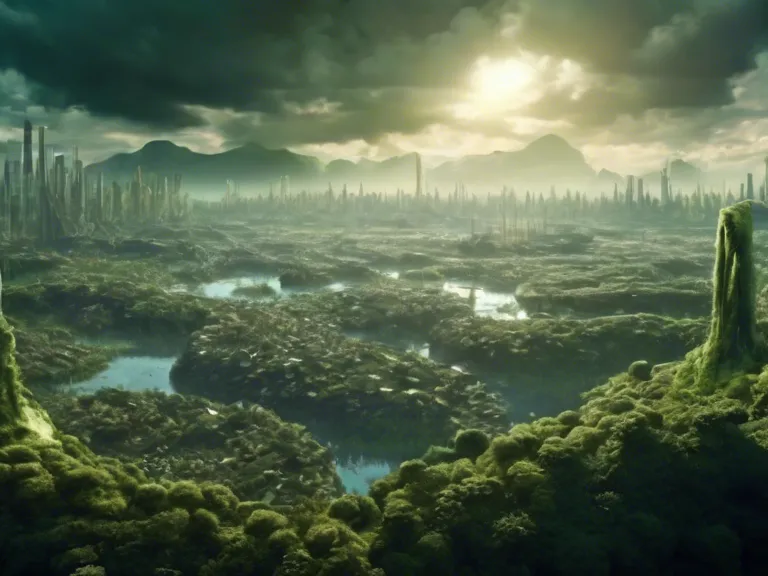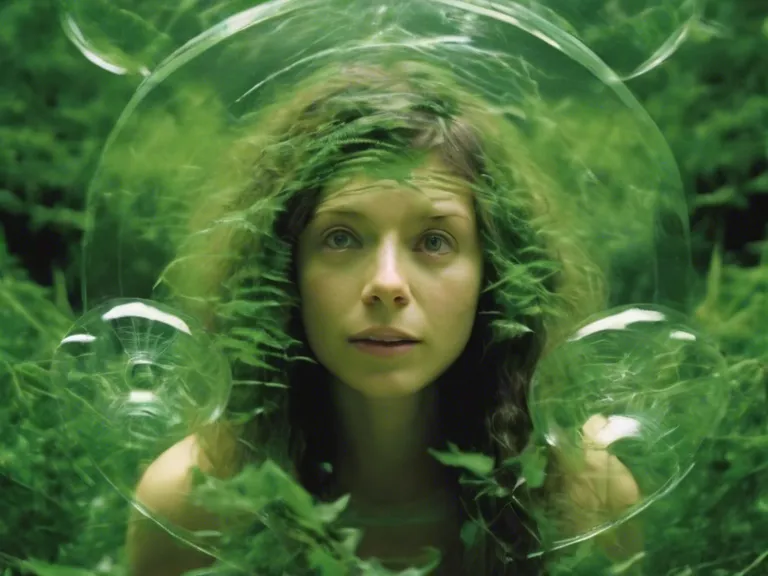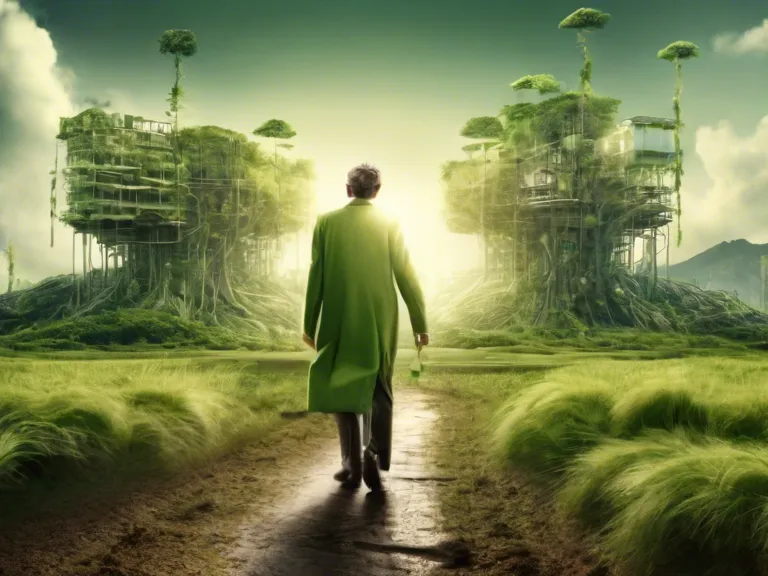
Movies have always been a powerful medium for storytelling, but can they also be a platform for advocating for a more sustainable future in the face of the climate crisis? The answer is a resounding yes. From documentaries highlighting environmental issues to fictional narratives imagining a world where humans have successfully mitigated the impacts of climate change, cinema has the potential to inspire audiences to take action and push for change.
Documentaries such as "An Inconvenient Truth" and "Chasing Ice" have brought the reality of climate change to the forefront of public consciousness. These films not only educate viewers about the science behind global warming but also showcase the real-world impacts on communities and ecosystems around the world. By presenting concrete evidence and personal stories, these documentaries have played a crucial role in mobilizing public opinion and pressuring governments to take action on climate change.
In addition to documentaries, fiction films can also contribute to the conversation around sustainability and environmental stewardship. Movies like "Wall-E" and "Interstellar" imagine dystopian futures where Earth has been ravaged by human activity, serving as cautionary tales about the possible consequences of our current path. Other films, like "Okja" and "The Lorax," highlight the importance of animal rights and biodiversity conservation. By presenting these themes in an engaging and emotionally resonant way, these films can inspire viewers to reflect on their own actions and advocate for a more sustainable lifestyle.
Ultimately, cinema has the power to shape public perception and influence collective behavior. By using storytelling to raise awareness about the climate crisis and promote sustainable practices, movies can be a valuable tool in the fight against environmental degradation. As audiences become more conscious of the impact of their choices, they can work towards building a more sustainable future for generations to come.



